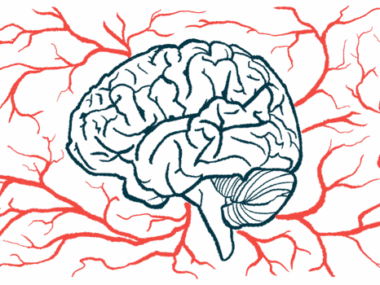15 Clinics in 14 U.S. States Part of Center of Excellence Network for Rett
Written by |

The International Rett Syndrome Foundation (IRSF) has designated 15 clinics across the U.S. as members of the Center of Excellence Network.
These 15 centers, some newly designated and located in 14 states across the country, will integrate the foundation’s network of clinics designed to provide best-in-class care for people with Rett.
“Establishing this network is part of IRSF’s goal to get families the expert Rett clinical care that their loved ones need to thrive,” Melissa Kennedy, the CEO of IRSF, said in a press release from Rettsyndrome.org.
“Our goal is that the vast majority of families living with Rett syndrome have access to a Rett syndrome expert by 2023,” she added.
Redesignated centers are: Boston Children’s Hospital, Children’s Hospital Colorado, Children’s Hospital of Philadelphia, Gillette Children’s Specialty Healthcare (Minnesota), Greenwood Genetic Center (South Carolina), Rush University Medical Center (Chicago), St. Louis Children’s Hospital, Texas Children’s Hospital (Houston), University of Alabama-Birmingham, UCSF Benioff Children’s Hospital Oakland (California), and Vanderbilt University Medical Center (Tennessee).
Those newly recognized are: Center for Rare Neurological Diseases (Atlanta), Children’s Health (Dallas), Kennedy Krieger Institute (Baltimore), and Montefiore Medical Center (New York).
Rett syndrome is caused mainly by mutations in the MECP2 gene. It can impact many aspects of everyday life, including social activities, mental well-being, and physical function, and so families require specialized care to understand and best cope with the disease.
But finding such specialized care can be a challenge, as most clinics lack physicians and medical staff trained to treat Rett syndrome. Expert clinics can also be a distance from a patient’s home, requiring considerable travel for care.
An IRSF goal in recognizing these Centers of Excellence is to help Rett families more easily identify a source of expert help nearer to their home.
“When [our local physicians] meet Anna, it’s clear they [know little] about Rett syndrome,” said Toyua Oalmann, whose daughter has Rett syndrome. “I’m so grateful for our Rett specialists. I will ask them before I consult our local physicians.”
All the centers will have the ability to mentor other physicians via a physician-to-physician mentoring program, which could make dedicated Rett care more accessible nationwide.
By conducting clinical trials, the network will also contribute to developing new disease treatments.
“The infrastructure created by our Center of Excellence partners allows us to aggressively engage in clinical research,” said Dominique Pichard, MD, the chief science officer of IRSF.
“This is the only way to make treatment options and curative therapies a reality for ALL families living with Rett syndrome,” Pichard added.





